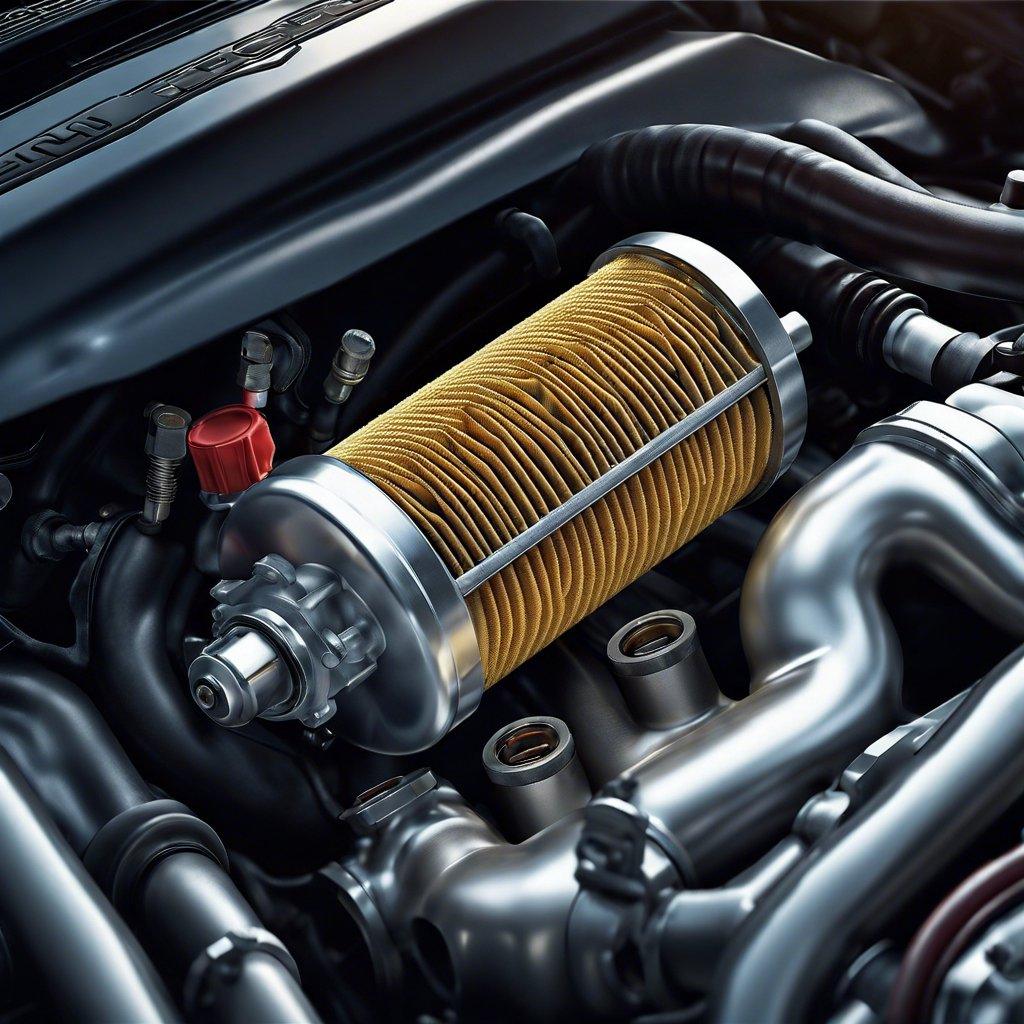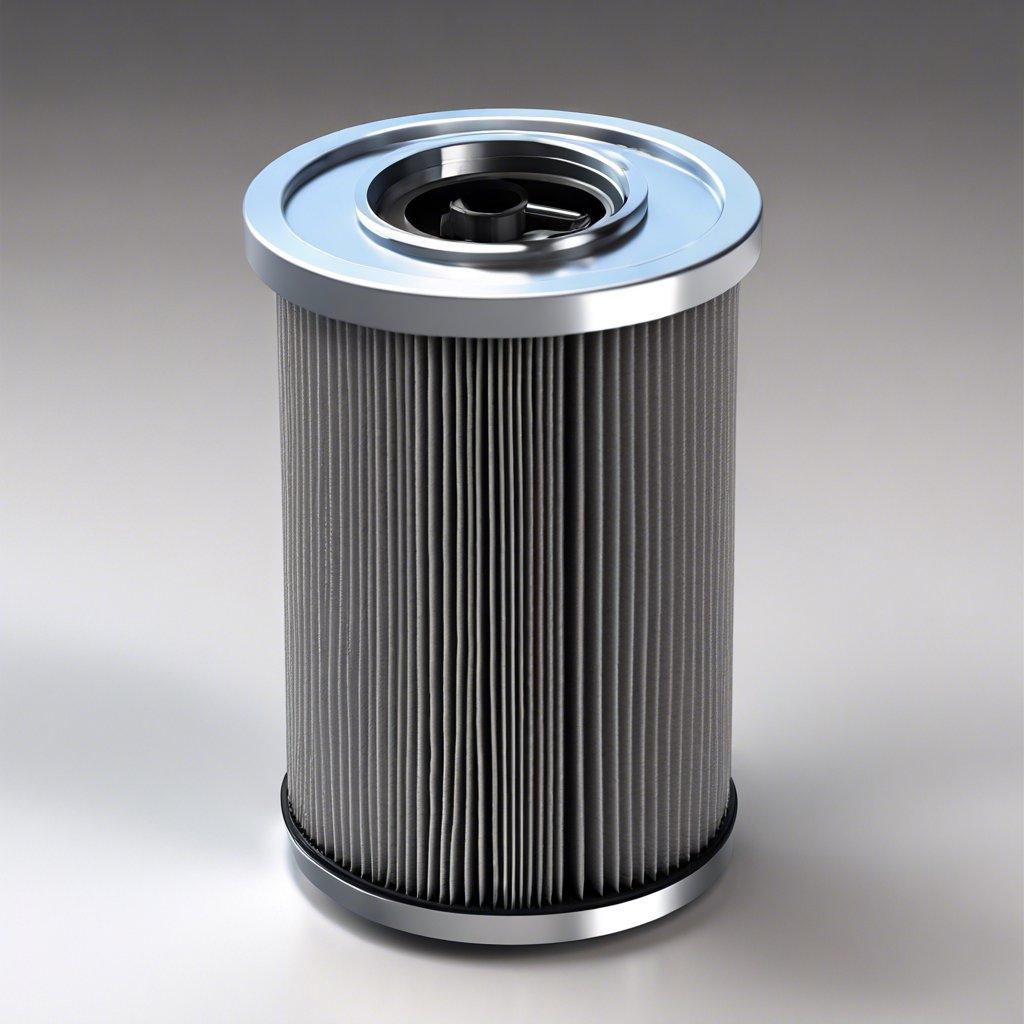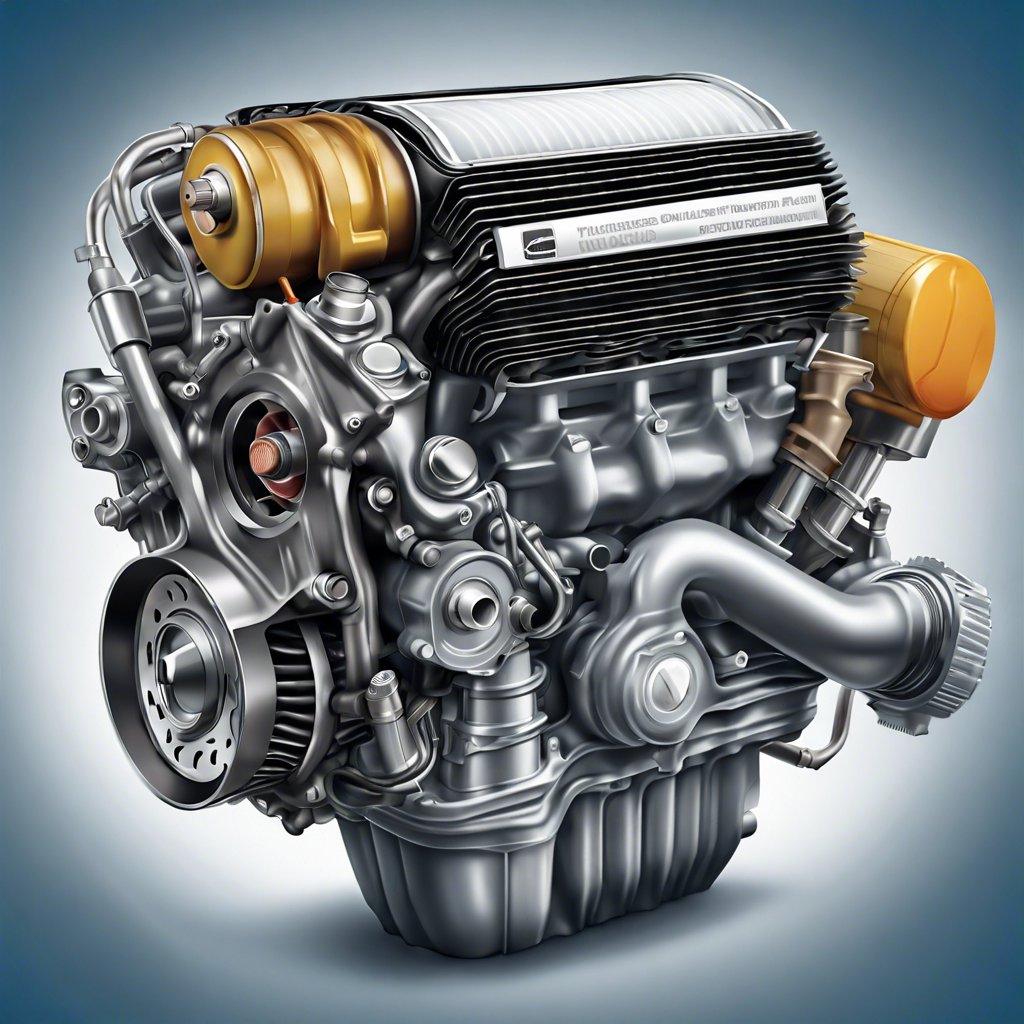Bad Fuel Filter? How to Diagnose
Troubleshoot Fuel Filter Malfunctions: A Comprehensive Guide

Identifying Fuel Filter Issues
A malfunctioning fuel filter can lead to a range of performance issues in your vehicle. Recognizing the signs of a problematic fuel filter is the first step in troubleshooting and resolving the problem.
Common Symptoms of a Bad Fuel Filter
- Reduced Fuel Efficiency: A clogged fuel filter can restrict the flow of fuel, leading to decreased engine performance and reduced fuel efficiency.
- Difficulty Starting the Engine: A blocked fuel filter can prevent the engine from receiving the necessary fuel, making it difficult to start the vehicle.
- Stalling or Hesitation: If the fuel filter is partially or fully blocked, the engine may stall or experience hesitation during acceleration.
- Decreased Power and Acceleration: A malfunctioning fuel filter can limit the amount of fuel reaching the engine, resulting in a noticeable reduction in power and acceleration.
Diagnosing Fuel Filter Issues
To diagnose a fuel filter problem, follow these steps:
- Perform a visual inspection: Check the fuel filter for signs of damage, such as cracks, leaks, or excessive dirt buildup.
- Measure fuel pressure: Use a fuel pressure gauge to check the pressure before and after the fuel filter. A significant drop in pressure may indicate a blockage.
- Check for fuel flow: Disconnect the fuel line after the filter and observe the fuel flow. If the flow is restricted, the fuel filter may be clogged.
- Consult the owner’s manual: Refer to the manufacturer’s recommendations for the recommended fuel filter replacement interval and procedures.
Replacing the Fuel Filter
If the fuel filter is determined to be the cause of the issue, it should be replaced. Follow these steps to replace the fuel filter:
| Step | Action |
|---|---|
| 1 | Locate the fuel filter, typically in the fuel line or near the fuel tank. |
| 2 | Disconnect the fuel lines from the filter. |
| 3 | Remove the old fuel filter and replace it with a new one, ensuring a secure connection. |
| 4 | Reconnect the fuel lines and start the engine to check for proper fuel flow and any leaks. |
By following this comprehensive guide, you can effectively troubleshoot and resolve fuel filter malfunctions, ensuring optimal engine performance and fuel efficiency in your vehicle.
Identifying and Resolving Fuel Filter-Related Performance Issues
Identifying Fuel Filter-Related Performance Issues
A clogged or malfunctioning fuel filter can lead to a variety of performance issues in your vehicle. Some common symptoms of a bad fuel filter include:
- Reduced engine power and acceleration
- Difficulty starting the engine
- Stalling or hesitation during operation
- Decreased fuel efficiency
Diagnosing Fuel Filter Problems
To diagnose a fuel filter-related issue, you should first inspect the filter visually. Look for signs of clogging, such as a dark or discolored filter element. You can also perform a fuel pressure test to check if the filter is restricting fuel flow. If the pressure is low, the filter may need to be replaced.
| Symptom | Possible Cause |
|---|---|
| Reduced engine power | Clogged fuel filter |
| Difficulty starting | Restricted fuel flow due to filter blockage |
| Stalling or hesitation | Insufficient fuel delivery caused by filter issue |
Resolving Fuel Filter-Related Issues
If you determine that the fuel filter is the cause of your performance problems, the solution is to replace the filter. Consult your vehicle’s owner’s manual for the recommended replacement interval and procedure. Properly replacing the fuel filter can help restore your vehicle’s performance and fuel efficiency.
Fuel Filter Diagnosis: Unlocking the Path to Optimal Engine Efficiency
Understanding the Role of the Fuel Filter
The fuel filter is a crucial component in your vehicle’s fuel system, responsible for trapping impurities and contaminants that can potentially harm the engine. When the fuel filter becomes clogged or restricted, it can lead to a range of performance issues, from decreased fuel efficiency to engine stalling and even complete engine failure.
Symptoms of a Failing Fuel Filter
Recognizing the signs of a failing fuel filter is the first step in addressing the problem. Some common symptoms include:
- Reduced Fuel Efficiency: If your vehicle is consuming more fuel than usual, it could be a sign of a clogged fuel filter.
- Engine Hesitation or Stalling: A restricted fuel filter can cause the engine to hesitate or stall, particularly under heavy load or during acceleration.
- Difficulty Starting the Engine: A clogged fuel filter can make it challenging to start the engine, especially when the engine is warm.
- Reduced Power and Acceleration: A blocked fuel filter can limit the amount of fuel reaching the engine, resulting in a noticeable decrease in power and acceleration.
Diagnosing a Fuel Filter Issue
To diagnose a potential fuel filter issue, follow these steps:
- Check the fuel filter’s condition: Inspect the fuel filter for any signs of damage, such as cracks, leaks, or excessive dirt buildup.
- Perform a fuel pressure test: Use a fuel pressure gauge to measure the pressure in the fuel system. A drop in fuel pressure can indicate a problem with the fuel filter.
- Check for fuel flow: Disconnect the fuel line and observe the fuel flow. If the flow is restricted or reduced, the fuel filter may be the culprit.
- Consider the vehicle’s maintenance history: Review the vehicle’s service records to determine when the fuel filter was last replaced. If it’s been a while, it may be time for a replacement.
If the diagnosis confirms a faulty fuel filter, it’s essential to replace it with a high-quality, compatible part. Be sure to follow the manufacturer’s instructions and use the correct tools and equipment to ensure a proper installation.
| Fuel Filter Replacement Frequency | Typical Mileage |
|---|---|
| Gasoline Engines | 30,000 – 50,000 miles |
| Diesel Engines | 10,000 – 20,000 miles |
Maintaining a clean and functioning fuel filter is crucial for the overall health and efficiency of your vehicle’s engine. By following the diagnostic steps and replacing the fuel filter as recommended, you can help ensure optimal engine performance and longevity.
Mastering Fuel Filter Diagnostics: Strategies for Maintaining Peak Engine Performance
Understanding the Role of Fuel Filters
Fuel filters play a critical role in maintaining the health and performance of your engine. They are designed to capture impurities, contaminants, and debris that can otherwise compromise the fuel system and cause significant damage to vital engine components. Properly diagnosing and addressing fuel filter issues is essential for ensuring optimal engine performance, fuel efficiency, and longevity.
Identifying Symptoms of a Clogged Fuel Filter
A clogged or malfunctioning fuel filter can manifest in several ways, including:
-
- Reduced engine power and acceleration
- Difficulty starting the engine
- Frequent stalling or engine misfiring
-
- Decreased fuel efficiency
Fuel Filter Diagnostic Strategies
To diagnose and address fuel filter issues, follow these steps:
- Visually inspect the fuel filter for signs of blockage, damage, or wear and tear.
- Measure the fuel pressure before and after the fuel filter to check for pressure drops, which may indicate a clogged filter.
- Perform a fuel system flow test to ensure adequate fuel delivery and identify any restrictions.
- Consider the vehicle’s mileage and recommended fuel filter replacement interval, as filters should be changed proactively to prevent issues.
Maintaining Peak Engine Performance
| Step | Action |
|---|---|
| 1 | Replace the fuel filter according to the manufacturer’s recommendations. |
| 2 | Ensure that the new fuel filter is compatible with the vehicle’s fuel system and specifications. |
| 3 | Properly dispose of the old fuel filter in accordance with local environmental regulations. |
By mastering fuel filter diagnostics and implementing proactive maintenance strategies, you can help maintain peak engine performance, improve fuel efficiency, and extend the lifespan of your vehicle’s engine.




Post Comment